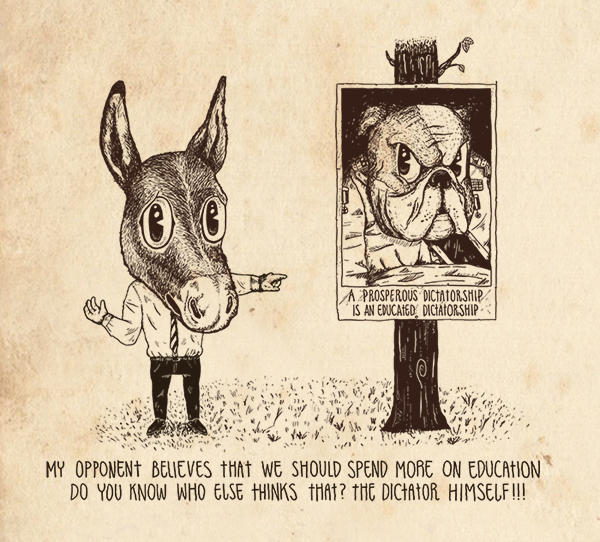During our most recent book club discussion, my group divulged into the vitality of sleep. We talked a lot about the scientific reasoning behind sleep, and discussed the negative implications of sleep deprivation, hearing input from both the author and from our own opinions. The questions we discussed, however, regarded if there is such a thing as excessive sleep, and if it can negatively affect the human body. We also were curious about the power of naps, and whether or not avoiding naps all together creates a large impact on our bodies, since naps cannot compensate for the lost sleep we’ve experienced thus far.
In chapters six and seven, Matthew Walker divulges into the reasons as to why humans must and require sleep, explaining that sleep is a vital part of our lives. Serving as a memory aid and performance beneficiary, it helps prepare our rested minds for memory formation and its eventual cementing and plays a role in our ability to be creative. Researchers found that sleep in stage 2 of NREM sleep is especially crucial for enhancing the speed and accuracy of our motor skills, since anything less than eight hours, and especially six hours, will severely impair our physical performance, ranging from cardiovascular to metabolic to respiratory capability.
The essence of sleep is captured in its link to neurological and psychiatric conditions, such as Alzheimer's, anxiety, and depression, and disease, such as cancer, diabetes, and weight gain. Full nights of recovery sleep, however, cannot compensate for lost sleep, while complex functions of our brains cannot be salvaged by any drug, device, or power nap. Humans need seven hours of sleep to maintain accurate cognitive function, affecting our ability to concentrate if our amount of sleep begins to waver. There are some rare individuals, due to genetics, that can survive on little sleep and naturally sleep very little with little side effect.




